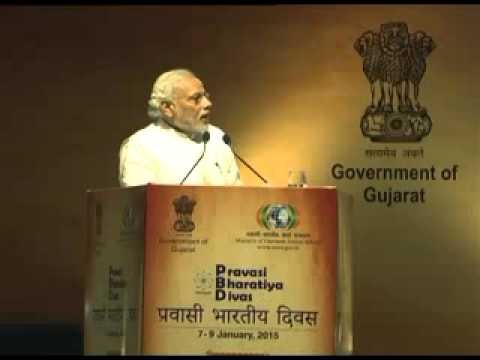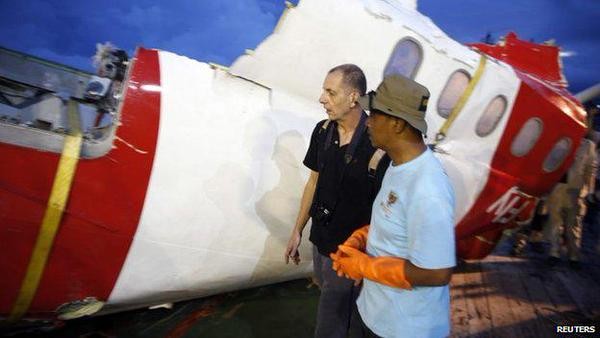Modi mania defines indias optimism
Post on: 21 Апрель, 2015 No Comment

By Simon Atkinson Editor, India Business Report from Gandhinagar, Gujarat
Related Stories
Stalls selling clothes don’t usually feature at conferences dedicated to foreign investment.
At Vibrant Gujarat 2015 they have made an exception, though shoppers can choose between just two items: a collarless jacket or a collarless shirt, traditional garments popularised by the fashion tastes of India’s Prime Minister Narendra Modi.
Take home the original souvenir, says the sign above a photo of the Modi Jacket. Made in India, loved by the world.
The conference plays unashamedly on Mr Modi’s popularity both with business leaders and more widely in Gujarat, the state where he was chief minister for 13 years.
His face looms from almost every billboard, while another stall lets visitors take a virtual selfie with the Prime Minister.
Delegates stand in line for a virtual selfie with India’s Prime Minister
‘Excitement and possibilities’
The official photos will be a touch more formal — with A-list guests including US Secretary of State John Kerry, heads of the United Nations and World Bank and dozens of government ministers and global chief executives.
And while the event is billed as attracting investment to Gujarat, Mr Modi’s speech, a rare one in English, was pushing the message that India as a whole is open for business.
We have a large number of hands to work and, we have even larger number of dreams to be realised, he said.
Tens of billions of dollars were committed by Indian firms on the first day of the conference, though observers said these events had a history of pledges that were never followed through.
A $1.5bn (£987m) UK investment in a new power plant was one of the few solid foreign investments unveiled. And UK Trade Minister Lord Livingston told the BBC that Mr Modi was a big factor in that investment.
What he wants to do is bring that degree of pro-business friendly environment to India. I certainly see among Indian and UK businessmen excitement and possibilities. And we are starting to see some changes and I think we expect a lot more on the way.
Indian Prime Minister Narendra Modi is pushing the message that India is open for business
Action needed
A film played to the thousands of delegates highlighted polices decisions taken by the government since coming to power, from raising the foreign direct investment levels for insurance, defence and railways, to overhauling labour laws.
But some say more real action is needed on the ground, with delays in approving projects still a big issue according to Edward Monser, president of US manufacturing and technology firm Emerson.
We look at a great backlog of identified projects, he told the BBC .
The faster they can get that approved, the faster the economy can grow.

‘Bright spot’
The economy was at the heart of Mr Modi’s election campaign last year, with a pledge that he could do for India what he had managed in his home state.
But opponents say Gujarat failed to outperform several other states. Others argue it fared less well on social indicators, including malnutrition and literacy rates.
And while World Bank President Jim Yong Kim used his speech at the summit to describe India as a bright spot in an otherwise mediocre global economic outlook, he also pointed to changes needed if growth is to benefit more people.
Critics say the Indian government has done little for the poor
The Indian society has an enduring exclusion that is based, among other things, on caste identities, he said.
This bias can impede shared prosperity, serving as a basis for discrimination in many spheres.
It was a sentiment shared by some locals outside the conference centre too.
Waiting in line for a rickshaw, a middle-aged woman complained to my colleague that the state government had spent heavily on the summit, while doing little for the poor.
Cooking gas prices had doubled, she said. And a new policy giving her a bank account meant she was spending money travelling to the nearest branch to withdraw cash.
Mr Modi has arguably won over Indian business — and is showing signs of doing the same with would-be investors, but convincing many of his own people to believe in his vision could be much trickier task.














